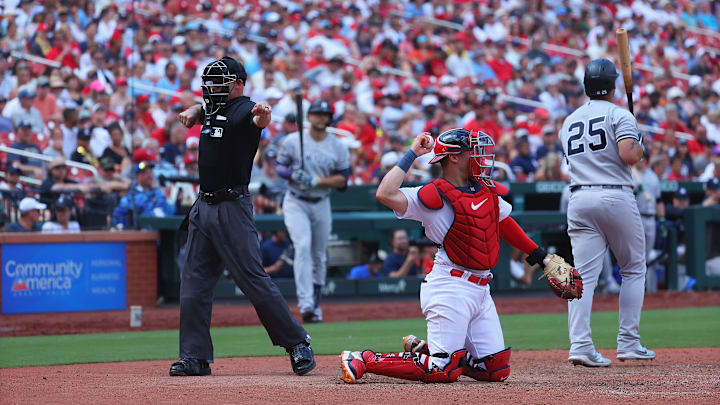Add a salary floor for MLB teams
Heading into 2024, we currently have eight different teams slated to have a payroll of less than $100 million, and that number could grow as teams like the Rays, Brewers, or Twins look to cut down expenses in the new year.
The New York Mets are currently spending $239 million more on their payroll than the Oakland Athletics. Sure, there's a reason why the Mets can spend the way they do, and the Athletics will not be able to keep up with that, but there should not be this big of a gap created in baseball because of the refusal of owners to up their spending.
First, fans of small market teams don't deserve to have their team consistently around the bottom of the league, and whenever they find good players, quickly need to trade them away because they are becoming too expensive. The NFL and NBA both have small market teams as well, but in general, you do not see teams sport an insanely low payroll unless they are trying to reset their cap situation for the following year.
MLB will never add a salary cap, the players do not want that as they want to maximize their earning potential. My guess is that owners would not be on board for a salary floor if a cap is not on the table but I do believe that baseball as a whole would benefit from teams having to spend a certain amount of money each year.
Not only would teams be forced to go out and spend on players to improve their team, but it would also help strengthen the market for mid-to-lower tier free agents, as they'd likely see more money thrown their way with more teams getting involved. This would also promote paying players earlier in their careers, as teams like the Athletics, Pirates, Orioles, Reds, and more would be incentivized to hand out extensions to their young talent, which in turn could help them stick around longer.
At the end of the day, spending does not guarantee winning, but there are too many clubs that avoid spending as much as possible, and that is not good for the game of baseball.
